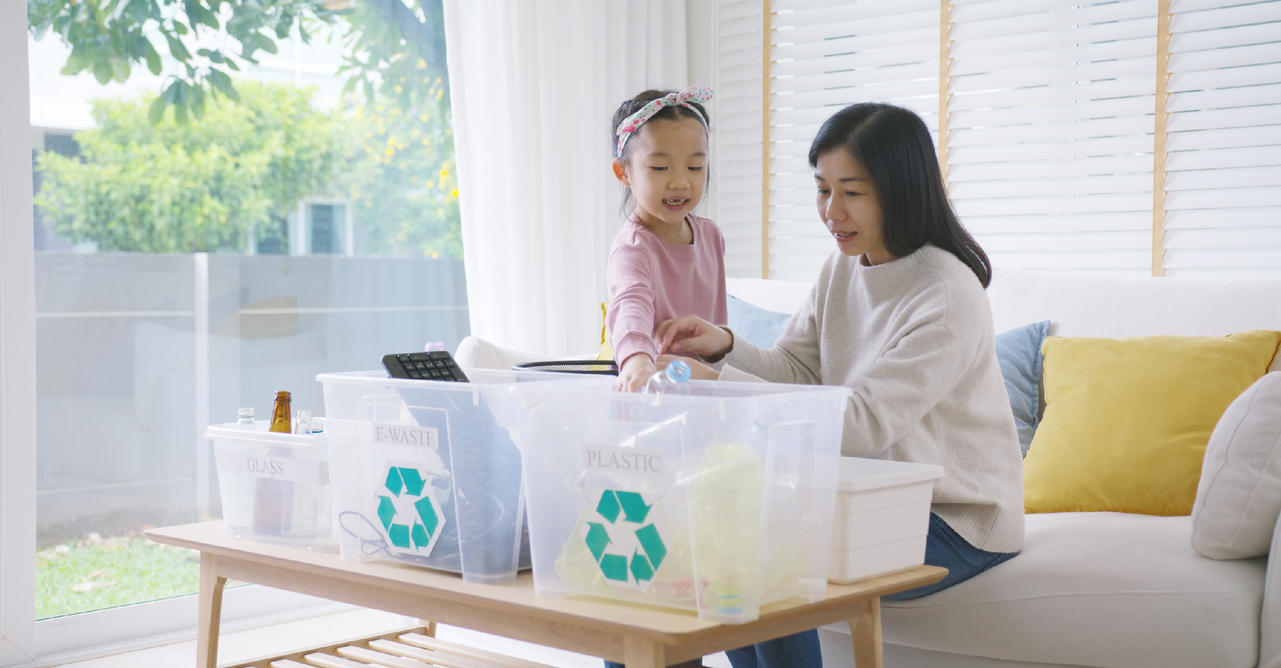Kindness is a vital virtue that shapes our lives and relationships. In Thailand, helpers like nannies, maids, and drivers are crucial to our daily routines. It is essential to show gratitude and respect towards them. This not only honors their contributions but also nurtures a culture of kindness in our homes. As we approach World Kindness Day, it’s a perfect opportunity to reflect on our interactions with these vital figures in our lives. Teaching children to appreciate and respect their nannies and drivers lays the foundation for a more compassionate future. In this article, we will explore ways to create love, care, and respect towards our helpers while adhering to Thai cultural values.
World Kindness Day: A Reminder of Our Shared Humanity
Celebrated on November 13th each year, World Kindness Day is a global movement that promotes kindness. It’s a reminder of how small acts of kindness can make a big difference in our communities and beyond. In Thailand, where familial and community bonds are strong, this day serves as an opportunity to reflect on how we treat the people who support us in our homes.
Embracing Thai Culture Towards Helpers
Thai culture is deeply rooted in respect and care for others. The phrase “Nam Jai” is often used to describe acts of kindness and generosity. It’s an intrinsic part of Thai society and extends to everyone, including those who work in our homes. By embracing these cultural values, we can create an environment of mutual respect and care.
Grateful to the Family Driver
Drivers are often the unsung heroes of the household, ensuring that everyone reaches their destinations safely and on time. Showing gratitude towards your driver can be as simple as a polite “thank you” or acknowledging their efforts in front of your children. This simple act can go a long way in making them feel valued and respected.
Teaching Kids Respect for the Driver
Children learn by observing the adults around them. By demonstrating respect towards your driver, you teach your kids the importance of acknowledging the efforts of those who work hard to make their lives easier. Encourage your children to greet and thank to your driver in Thailand, which instills a sense of appreciation and humility.
Respect the Maid: Acknowledging Hard Work
Maids in Thailand often handle the essential tasks that keep our homes running smoothly. From cleaning to cooking, their work is crucial. It’s important to recognize their contributions and treat them with dignity and respect. This can be done through fair wages, providing adequate rest, and ensuring they have a comfortable work environment.
Creating Love, Care, and Respect for Our Helpers
Building a respectful and caring relationship with your maid involves understanding their needs and concerns. Regular communication, fair treatment, and empathy can create a positive atmosphere where everyone feels valued. Such an environment not only benefits the helpers but also sets a positive example for children.
Teaching Kids Kindness with Their Nanny
Nannies in Thailand play a pivotal role in a child’s development. They provide care, guidance, and emotional support. Teaching children to be kind and respectful towards their nannies is crucial. Encourage open communication and ensure that your children understand the importance of kindness and gratitude.
What’s Boundaries with Your Nanny in Thailand ?
Establishing clear boundaries with your nanny in Thailand is essential for a harmonious relationship. These boundaries should be based on mutual respect and understanding. Discuss roles and expectations openly to prevent misunderstandings. Make sure that these discussions are respectful, and involve the nanny in decision-making processes whenever possible.

Can I Be Angry at My Maid in Thailand ?
It’s natural to feel frustrated when things don’t go as planned. However, it’s important to manage these feelings constructively. Instead of expressing anger, try to communicate calmly and understand the situation from the maid’s perspective. This approach not only resolves conflicts effectively but also maintains a respectful relationship.
Building a Culture of Kindness at Home
Creating a home environment that fosters kindness and respect involves everyone in the household. Here are some ways to promote kindness at home:
1.Lead by Example: Demonstrate kindness in your actions and words.
2.Encourage Empathy: Teach children to consider the feelings and perspectives of others.
3.Celebrate Helpers: Acknowledge the contributions of helpers in family discussions.
4.Provide Opportunities for Appreciation: Encourage your family to express gratitude regularly.
Conclusion
Kindness truly begins at home. By fostering an environment of respect, love, and care, we not only enrich our lives but also set a powerful example for future generations. In Thailand, where helpers like nannies, maids, and drivers play vital roles, it’s crucial to acknowledge their contributions with gratitude and kindness. Embracing these values helps build a more compassionate and understanding society for everyone. By teaching our children these principles, we prepare them to become empathetic and responsible adults, capable of making a positive impact in the world. Let’s celebrate World Kindness Day and every day by showing appreciation and respect to those who help us in our daily lives. Kindness is contagious, and it starts with us.
Check out >>> Service kiidu









